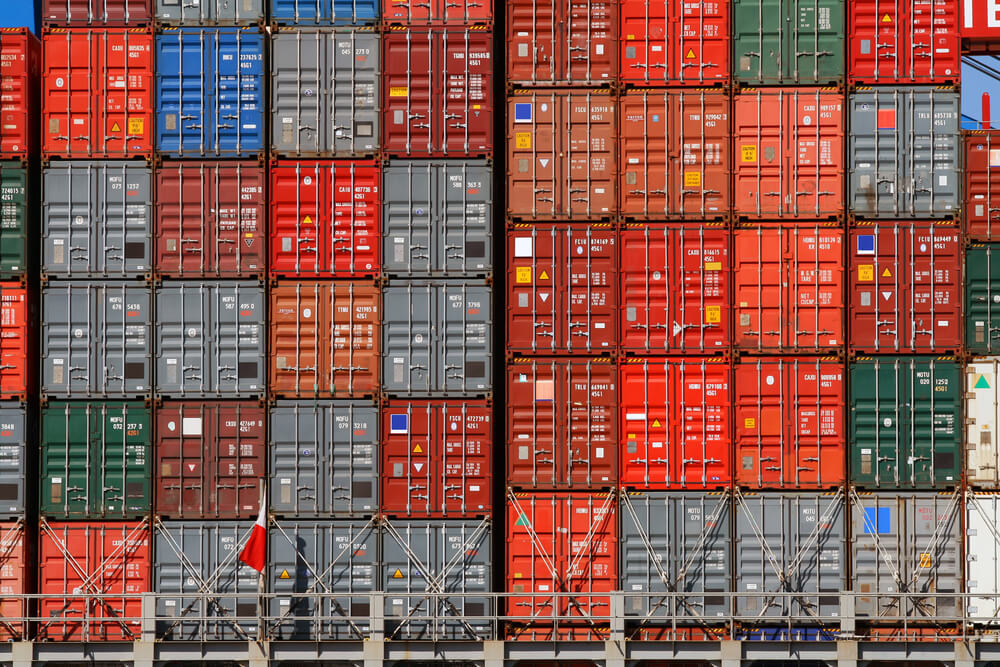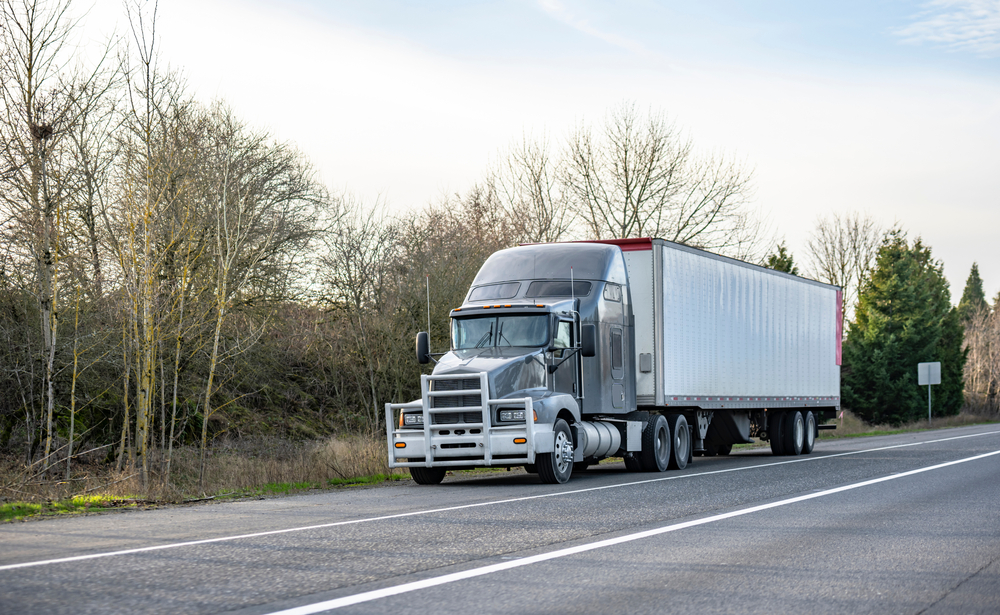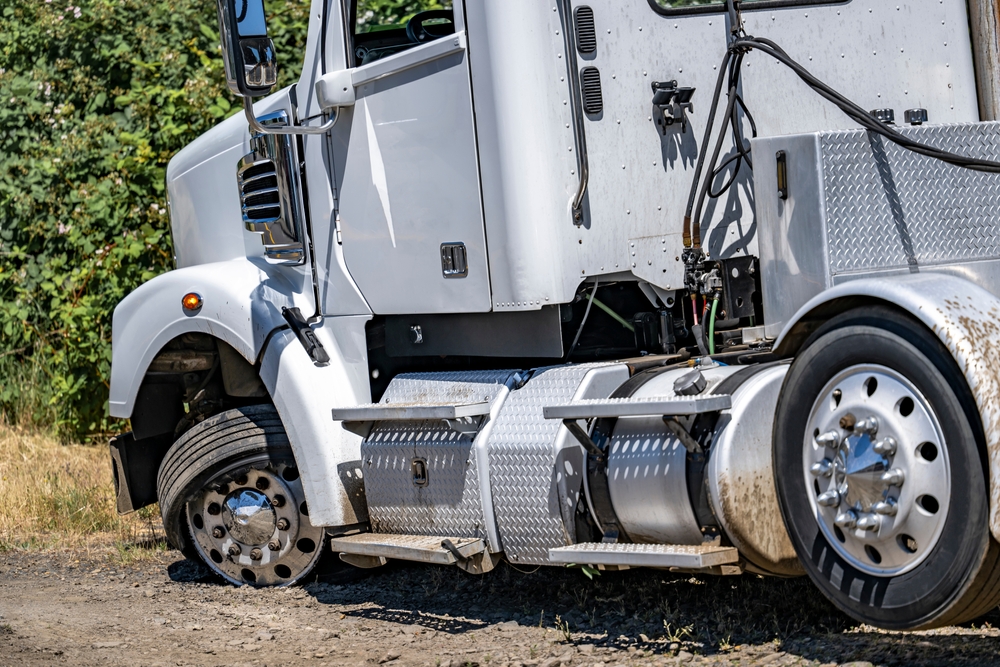 There are now at least 100 ships idling off the coast of Southern California, awaiting their turn to unload thousands of cargo containers containing everything from household goods to food. The backlog of ships has been expanding for weeks, and American consumers are starting to feel the consequence as empty shelves become the norm in most supermarkets.
There are now at least 100 ships idling off the coast of Southern California, awaiting their turn to unload thousands of cargo containers containing everything from household goods to food. The backlog of ships has been expanding for weeks, and American consumers are starting to feel the consequence as empty shelves become the norm in most supermarkets.
There are a lot of suspicions floating around that changes to trucking industry regulations are to blame, but few of those theories hold water when the facts are considered. Look at just a few ways the trucking industry is receiving the finger point on the backlog:
- The “California Truck Ban,” which requires trucks servicing the port to have 2010 or newer engines by 2023 with some trucks required to comply by 2020. The majority of trucks serving the ports already meet the requirement, so this isn’t likely to contribute to the current shortage of trucks at the port.
- AB5 requires companies to reclassify independent contractors as employees, leading many trucking companies to stop sending independent contractors to California. There is a lot of controversy over AB5, but it isn’t in full effect for the trucking industry at this time.
- A new California law requires all new cars and light trucks to meet zero-emission standards by 2035. This law isn’t in effect right now and isn’t impacting the type of trucks entering California to serve the ports. It simply isn’t a factor in today’s bottleneck.
There are certainly a lot of conspiracy theories floating around, and they’re all lacking evidence or have been proven inaccurate. So, what could really cause such a drastic bottleneck at the ports of Southern California? It turns out the most likely explanations have nothing to do with trucking industry regulation shifts.
- American consumers are changing spending habits and heading out to stores now that pandemic mandates are lifting. Life is going back to normal in many areas, which means retailers must restock the shelves faster.
- Retailers are ordering more inventory in an effort to restock inventory that was depleted at the height of the pandemic. A sudden demand for imports has resulted in unusually heavy traffic at the California ports.
- There is a labor shortage across the country, and it is impacting the ports and the trucking industry. Low wages that were once accepted are now challenged by workers. Jobs compromised during the pandemic are still left void due to workers finding more advantageous opportunities. Fewer workers at the port and fewer truck drivers to transport goods can cause a significant slow down in port activity.
The backlog is likely just one more side effect of a pandemic that has gripped the world for years. Conspiracy theories are running wild, but the fact-checkers are working just as hard to debunk the false rumors and get to the bottom of things at the port.











Leave a Comment